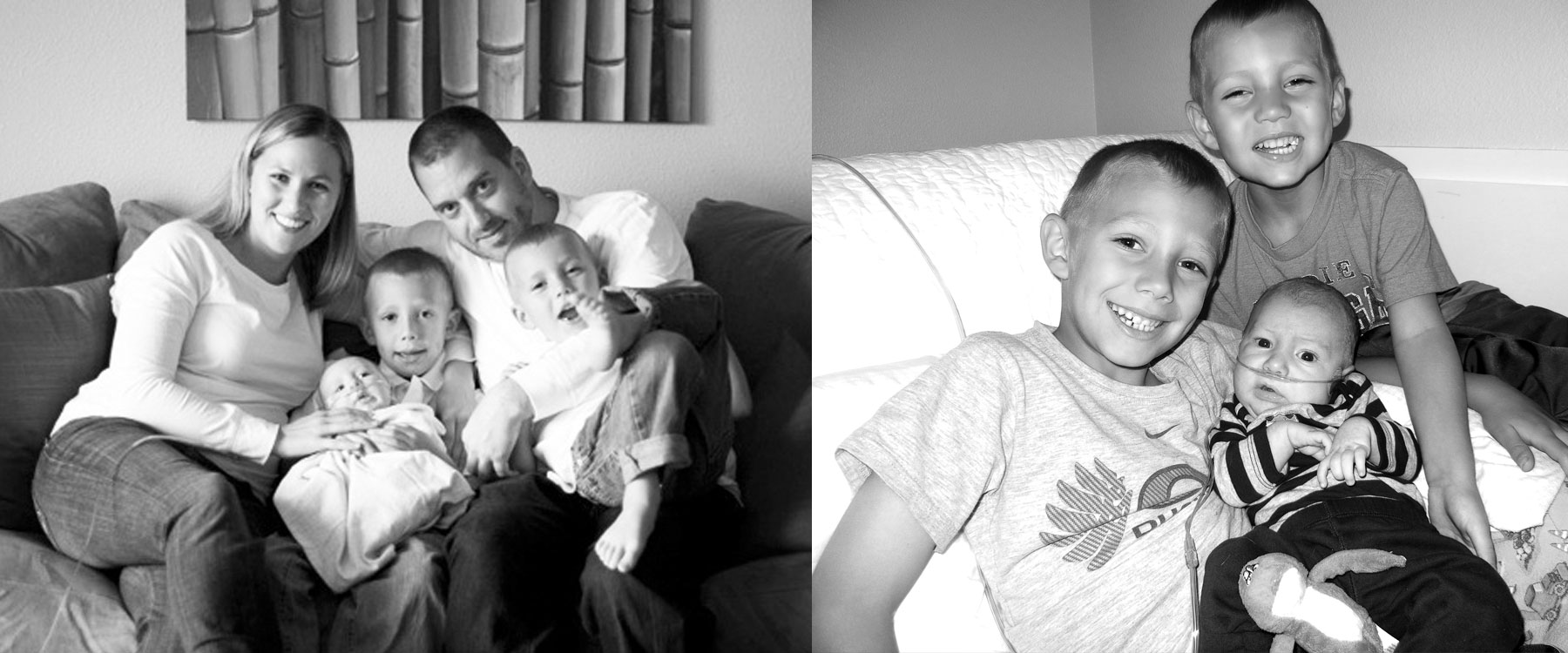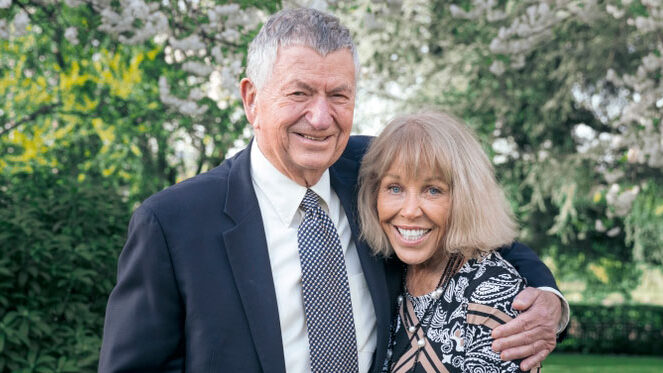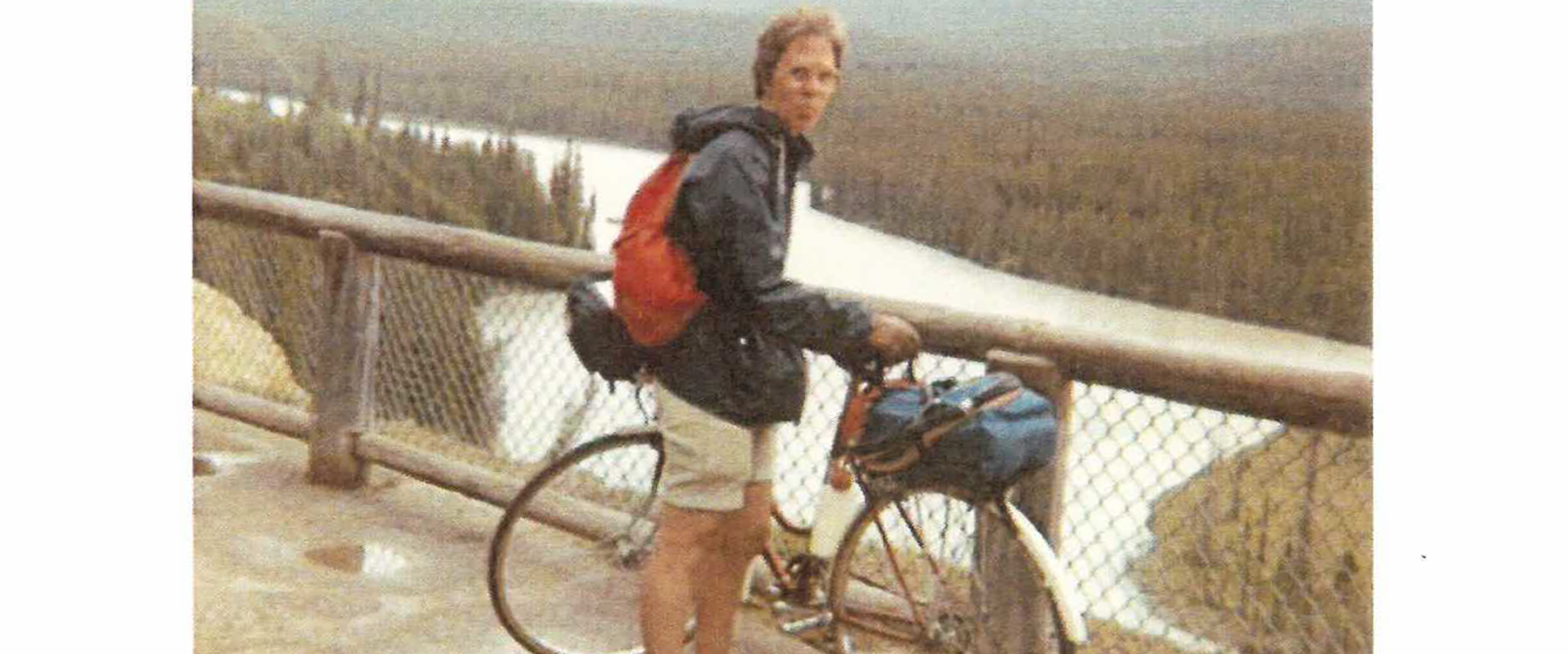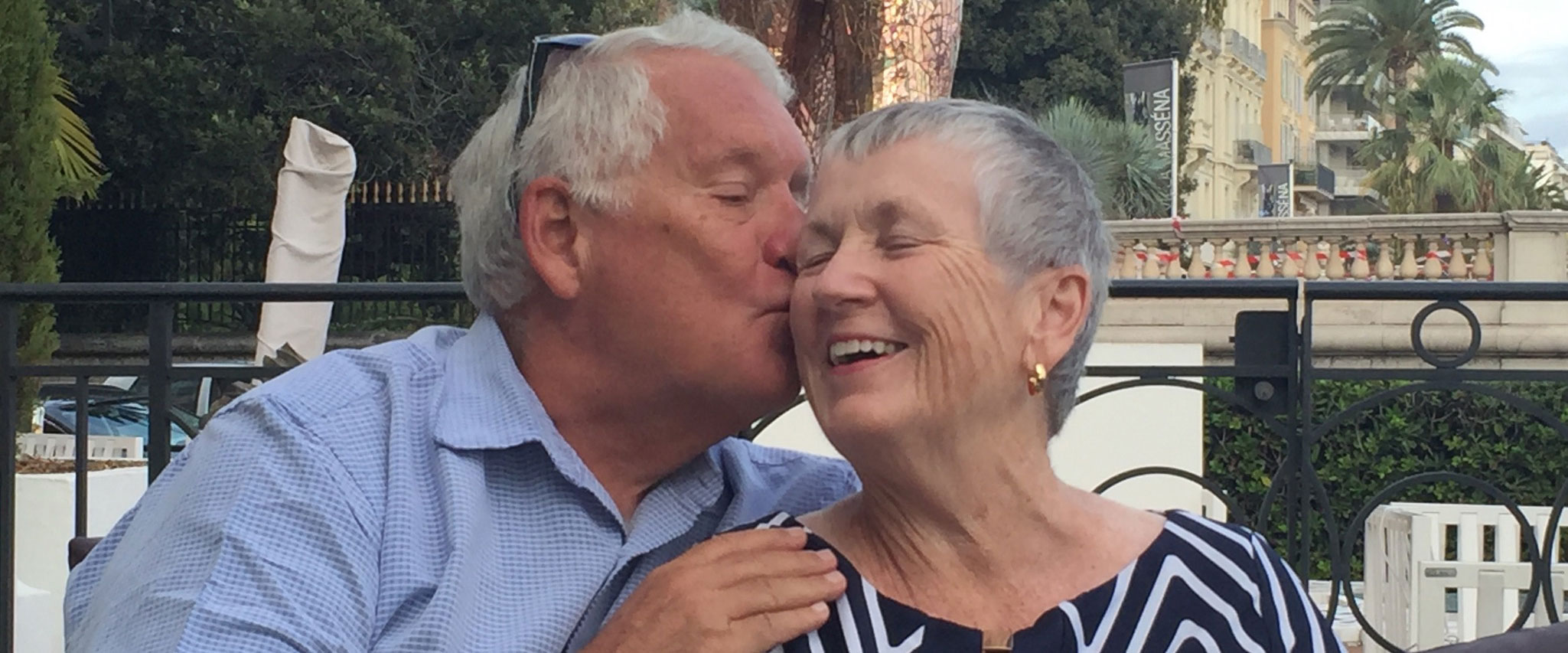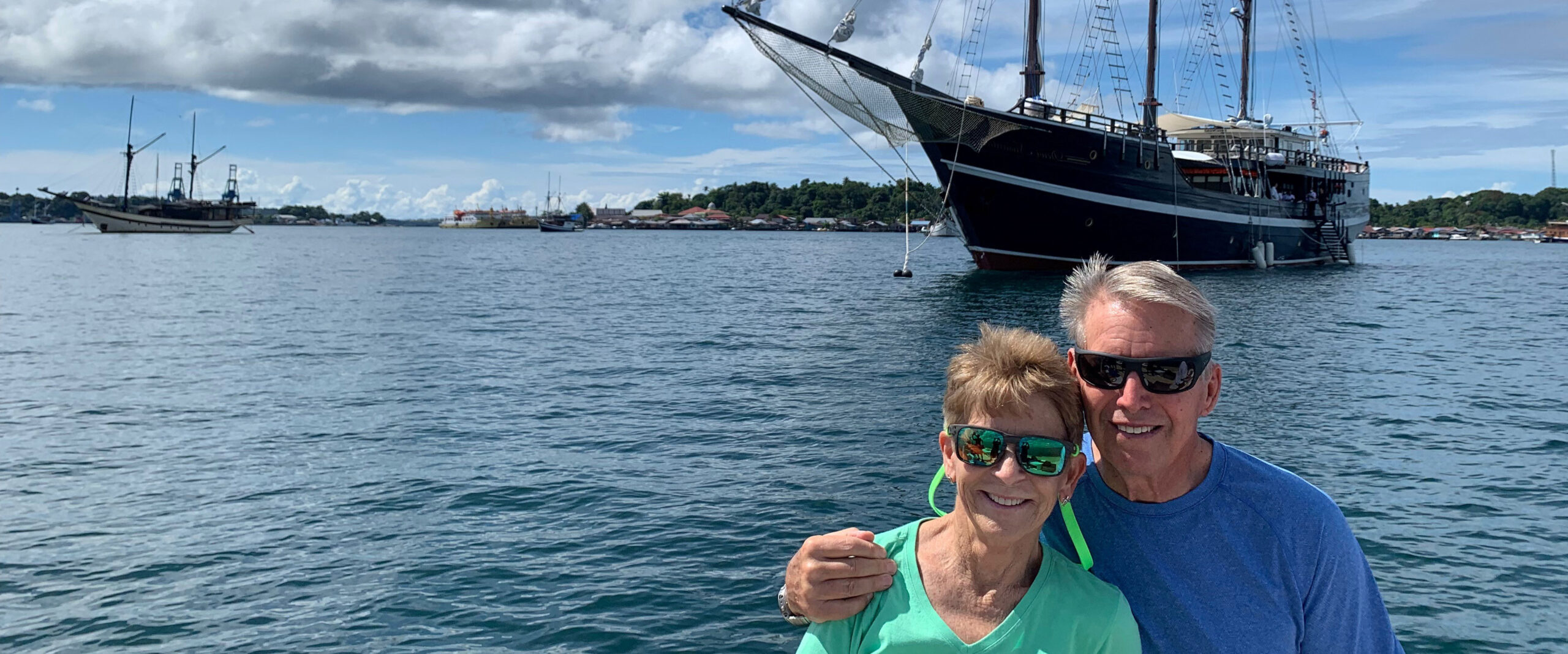By Darby Kendall
When activism and philanthropy come together, powerful change can happen. This pursuit has fueled Shawna and Dave Randall, founders of the Cole Parker Randall Foundation. After losing their third son, Cole, to spinal muscular atrophy in 2012, the Randalls made it their mission to change the future for other families facing the disorder, doing all they can to make sure no one else goes through the same struggle.
Thirteen years ago, Shawna and Dave had never heard of spinal muscular atrophy — commonly referred to as SMA — a progressive disease where muscles become weaker over time. There were no standard treatments or regulated screenings for the disease back then, and the life expectancy for infants affected by more aggressive versions of SMA was two years or less.
“About a month after Cole was born, he was struggling with a rapid heart rate and rapid respiration rate, so we took him to his doctor, and they called us an ambulance,” Shawna remembers. “At the hospital, we were told that his life expectancy was likely days to weeks, because of how severe the condition was for him, and that there was nothing they could do. They said we should just take him home and love him, so that’s what we did.”
Cole lived out his last four weeks surrounded by the love of family and friends, leaving a lasting memory on his parents and older brothers, Jase and Cade. In the process of caring for Cole, Shawna and Dave learned all they could about SMA, troubled that their family was so deeply affected by a little-known genetic disease. Shawna explained, “We had no idea that this was even something that could happen, and that really left an impact on us.”
Forming a foundation
To honor their son, raise awareness about SMA and support research on treatments for the disorder, Shawna and Dave started the Cole Parker Randall Foundation. Soon after, the Randalls reached out to Erika Finanger, M.D., M.S., director of OHSU Doernbecher Children’s Hospital’s neuromuscular disorders program, whose work they still support today. Over the last decade, Finanger and her team have developed groundbreaking treatments for SMA, with the Randalls encouraging them the whole way.
“The support from Shawna, Dave, and the CPR Foundation has been invaluable to my research. Their philanthropic contributions have enabled us to fund critical projects. In particular, their support was fundamental in establishing a dedicated clinic for delivery of the first approved therapy for SMA,” Finanger said. “Later, this framework was instrumental for the launch of gene therapy in the clinic. Personally, their encouragement and belief in our mission have motivated our team to push boundaries and strive for excellence.”
Today, the futures for children born with SMA look very different, due in no small part to the Cole Parker Randall Foundation. Along with Finanger’s rapidly growing research, SMA screenings are now mandated for all newborns in Oregon. Dave spent plenty of time advocating for this mandate at the Oregon State Capitol, as early detection is key with preventing symptoms from SMA.
“It was quite an experience, my first as it relates to activism, but this was important. Frankly, Oregon was behind some other states that had already incorporated newborn screening for SMA,” Dave reflected. “Individuals and couples often do not even know they carry the recessive gene for SMA. Lifesaving and life-altering measures can be taken based on this screening.”
The impacts of giving
Pediatric neuromuscular disorder treatment continues to evolve in Oregon. A recent gift from the Ford family to establish a comprehensive center at Doernbecher for children with these disorders will help further Finanger’s work. Shawna and Dave were thankful to see the Ford’s gift come through, as thousands of families are affected by various neuromuscular disorders.
“The landscape for a family faced with SMA is vastly different today. With several treatment options available, kids diagnosed now can live a long and full life. That being said, the treatments are not easy and often involve many moving parts. It is still challenging for families to coordinate the many appointments required to ensure the best quality of life for their kids,” Shawna said. “A designated center like this will allow Erika and her team to provide the best care possible for these kids and families all under one roof. It’s donations like this that lead to immeasurable improvements in patient comfort and care while taking life-saving measures. We are so, so grateful.”
Speaking on what support from families like the Randalls and the Fords means to her, Finanger said, “Philanthropy from organizations like the CPR Foundation and the Ford family plays a crucial role in making our work more accessible. Their financial support allows us to provide the best possible care to every patient with neuromuscular disease. With their backing, we can invest in dedicated specialized staff, research projects and clinical programs that would not be possible without philanthropic support.”
A brighter tomorrow
The road ahead for the Randalls is filled with hope, as treatments for SMA only continue to grow. They continue to support research at OHSU, while standing back to happily watch today’s families benefit from their efforts.
“When we had Cole, there was nothing we could do; if we’d had him today, he would probably still be alive. Now, there are multiple treatment options that are really astounding in the opportunities they give these kids,” Shawna said. “It’s amazing to be able to contribute to all this. It was just the right timing when all of these treatments were being researched. It’s really rewarding to see, to feel like what we are doing is making a difference.”
